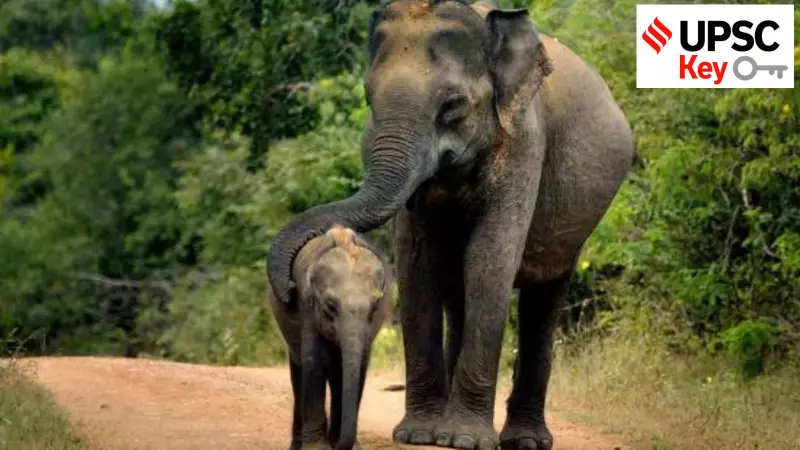
India's elephant conservation efforts are taking center stage in environmental governance discussions, presenting crucial learning material for UPSC aspirants and wildlife enthusiasts alike. The country's multifaceted approach to protecting these majestic creatures offers valuable insights into sustainable development and policy implementation.
India's Elephant Conservation Framework: A Model for Wildlife Governance
The Indian government has implemented a comprehensive strategy for elephant conservation that combines traditional wisdom with modern scientific approaches. Project Elephant, launched in 1992, represents one of the world's most ambitious wildlife protection initiatives, focusing on habitat preservation, conflict mitigation, and community engagement.
Key components of India's elephant conservation strategy include:
- Establishment of 33 elephant reserves across critical forest corridors
- Implementation of early warning systems to prevent human-elephant conflicts
- Development of eco-sensitive zones around protected areas
- Community-based conservation programs involving local stakeholders
Chandrayaan-2: Indigenous Technology Breakthroughs
While discussing environmental governance, it's impossible to ignore India's technological prowess demonstrated through missions like Chandrayaan-2. The mission showcased remarkable indigenous capabilities in space technology, with over 60% of components developed within India. This achievement highlights the growing synergy between scientific innovation and environmental monitoring capabilities.
UPSC Preparation: Connecting Environmental Issues with Governance
For civil services aspirants, understanding the intersection of environmental conservation and governance is becoming increasingly crucial. The elephant conservation model provides excellent case study material for topics ranging from federalism to sustainable development goals.
Important aspects for UPSC preparation include:
- Constitutional provisions for wildlife protection
- Role of local communities in conservation efforts
- International environmental agreements and India's compliance
- Economic aspects of wildlife conservation and eco-tourism
Future Directions in Environmental Governance
India's approach to elephant conservation continues to evolve, incorporating technological innovations like drone monitoring, DNA sampling, and satellite tracking. These advancements not only enhance protection efforts but also provide valuable data for policy formulation and implementation assessment.
The integration of traditional knowledge with modern science represents a unique Indian approach to environmental governance, offering lessons for global conservation efforts while serving as excellent preparation material for aspiring civil servants.





